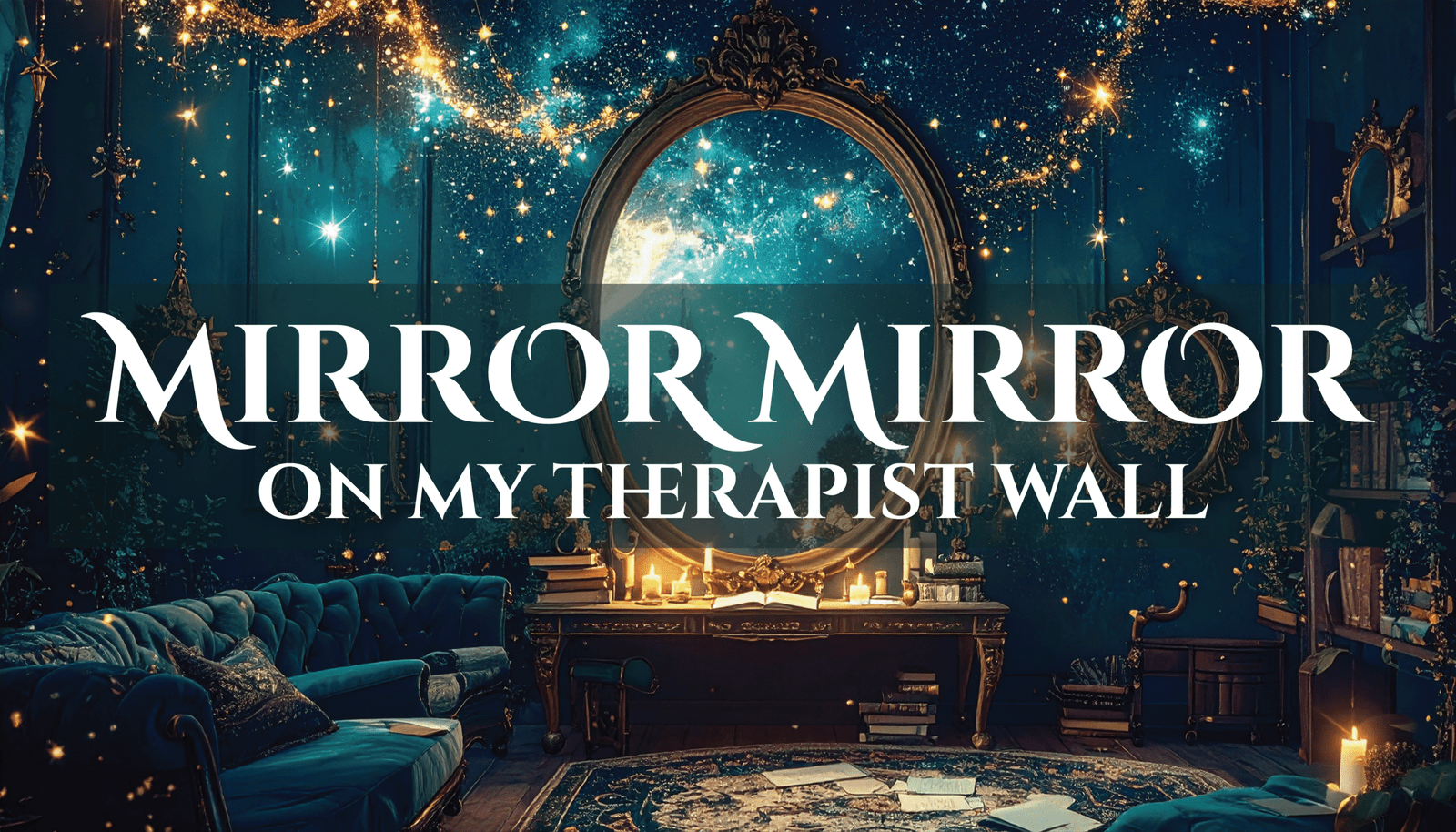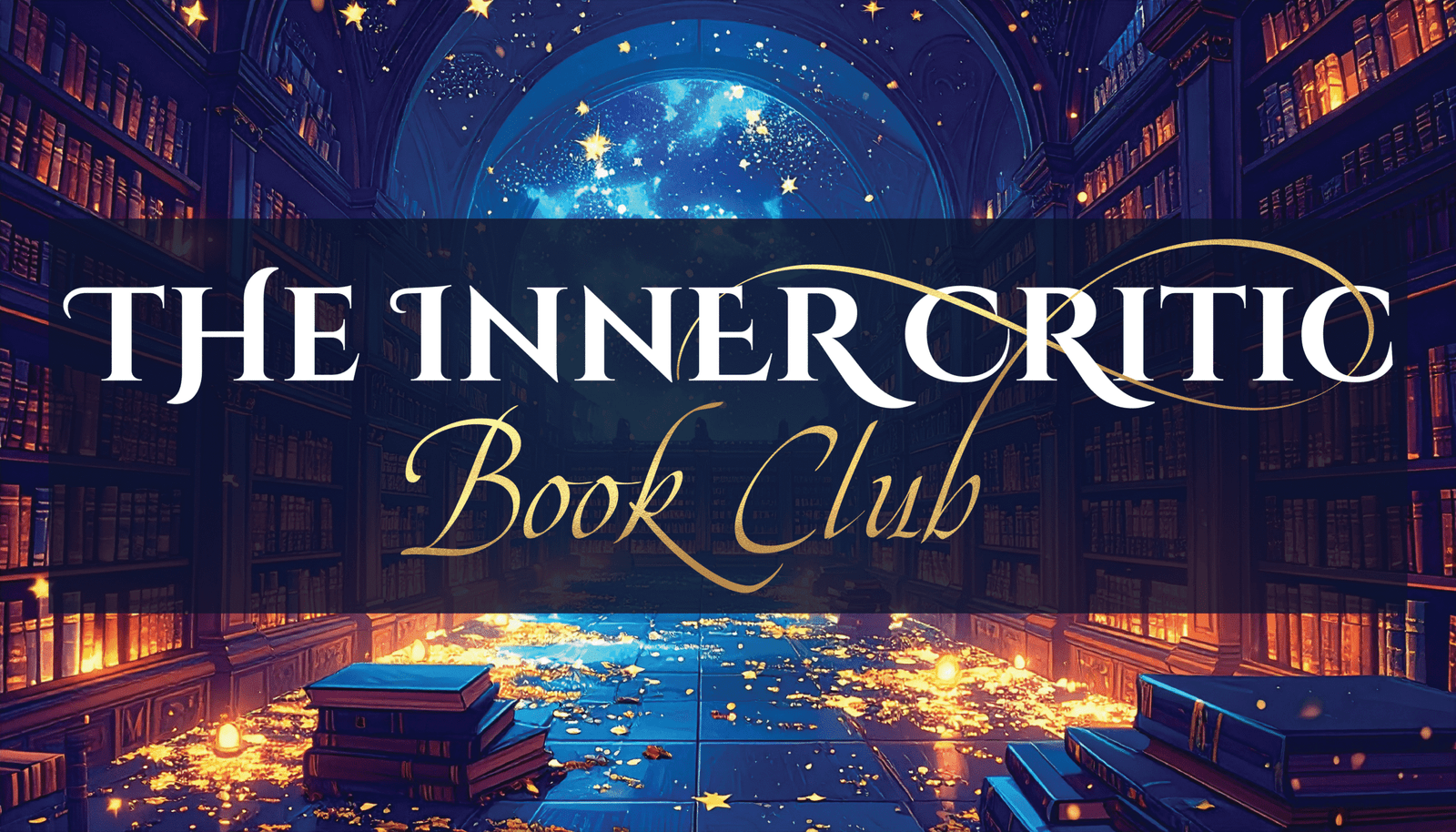
Mirror Mirror On My Therapist Wall: Abigail and Amelia
Share the Post: Mental Health Lessons from Abigail and Amelia: The Unsung Sisters of Self-Worth in The Aristocats When people

Captain Hook: The Mental Health Icon We Never Expected
Let’s be honest: Captain Hook has always been misunderstood. He’s usually cast as the flamboyant villain in Disney’s Peter Pan—obsessed with revenge, terrified of ticking clocks, and relentlessly pursuing a flying child in tights. But what if Hook isn’t just the “bad guy”? What if he’s actually a symbol of trauma, aging, grief, and anxiety in a world that demands eternal youth?
In other words: Captain Hook might just be one of the most relatable mental health characters in the Disney universe.
Let’s dive into the mind—and heart—of Neverland’s most emotionally complex pirate.
Hook’s trauma is simple on the surface: he lost his hand to a crocodile, thanks to Peter Pan. Now he’s being hunted by both a literal predator and the passage of time.
But symbolically? It’s deeper.
The Crocodile is time. It’s death. It’s inevitability. It ticks. It reminds him that youth doesn’t last forever.
Peter Pan represents what Hook has lost—innocence, possibility, and belief in magic.
His Hook is both weapon and wound. It’s his adaptation. His survival mechanism. But also a permanent reminder of his trauma.
We all have our own “hooks”—the adaptations we build to survive pain. Anger. Control. Isolation. Hook’s behavior isn’t just villainy—it’s grief in disguise.
You hear it in every scene with the crocodile:
Tick… Tock… Tick… Tock.
Hook hears what many of us feel internally: a constant reminder of running out of time. For many people with anxiety, this ticking clock shows up as:
Pressure to “fix” your life by a certain age
Fear of not achieving enough
Panic over aging or losing relevance
Dread of inevitable change or loss
Hook isn’t just afraid of a reptile—he’s afraid of becoming irrelevant. Of being forgotten. Of dying while everyone else continues to play and fly.
And let’s be real: many of us have felt the same way scrolling social media while people younger than us are “living their best lives.”
Let’s talk about the elephant in the pirate ship: Neverland is not a safe place for adults.
Peter Pan is the embodiment of never growing up. He’s fun and fearless—but also careless, dismissive, and reckless. He doesn’t understand the weight of responsibility, mortality, or emotional depth. And he constantly antagonizes Hook for being “too old.”
This mirrors a society that glorifies youth and demonizes aging. Think about how we:
Shame people for “looking their age”
Treat adults with childlike wonder as inspiring, but adults with real emotion as “too much”
Push productivity and performance while neglecting rest, wisdom, and self-reflection
Hook is the only adult who dares to feel grief, loss, and fear in Neverland. That doesn’t make him a villain—it makes him human.
Let’s map it out:
Symptom | Root Issue |
Obsession with revenge | Unprocessed trauma & betrayal |
Irritability & rage | Loss of control, power, and purpose |
Paranoia | Hypervigilance due to past harm |
Fear of the crocodile | Anxiety over mortality and change |
Envy of Peter Pan | Grief for lost youth and potential |
Sound familiar? This is the emotional profile of someone who’s hurting deeply and trying to cope the only way they know how.
What if Hook had a therapist? What would his healing look like?
Narrative therapy to reclaim his identity beyond revenge
Somatic therapy to process the trauma of losing his hand and feeling unsafe
Inner child work to grieve the life he didn’t get to live
Mindfulness to quiet the ticking clock and be present in his body
Shadow work to integrate the parts of himself he sees in Peter Pan
Hook doesn’t need to become Peter. He needs to honor who he is—complex, emotional, wise, and wounded.
Grief can wear a pirate hat. Rage is often unprocessed grief. If you feel like you’re overreacting, ask yourself what’s under the surface.
You’re allowed to be scared of time. Mortality is a mind-bending reality—and feeling anxious about it doesn’t make you weak.
We all have crocodiles. That persistent, ticking anxiety might not go away—but you can learn to stop running from it.
Healing isn’t about flying away—it’s about anchoring in. Hook doesn’t need wings. He needs grounding.
The truth is, many of us are walking around with our own metaphorical hook: carrying the scars of betrayal, the fear of aging, the pressure of time.
We don’t always get to be Peter Pan. Sometimes, we’re Hook—angry, overwhelmed, reactive.
And yet, that doesn’t make us bad. It makes us human.
So the next time you find yourself spiraling about time, grief, or change, ask yourself:
What would happen if I gave myself compassion instead of punishment?
What if I stopped trying to fly away—and started healing the wound beneath the hook?
Therapy isn’t about “fixing” yourself—it’s about understanding the story behind the sword. Whether you’re haunted by crocodiles, grief, or the pressure to stay young forever, you deserve a safe harbor. Let’s find it together.

Share the Post: Mental Health Lessons from Abigail and Amelia: The Unsung Sisters of Self-Worth in The Aristocats When people

Share the Post: The Mental Health of Jack Barlow — When Self-Protection Turns Destructive Jack Barlow from Fourth Wing isn’t